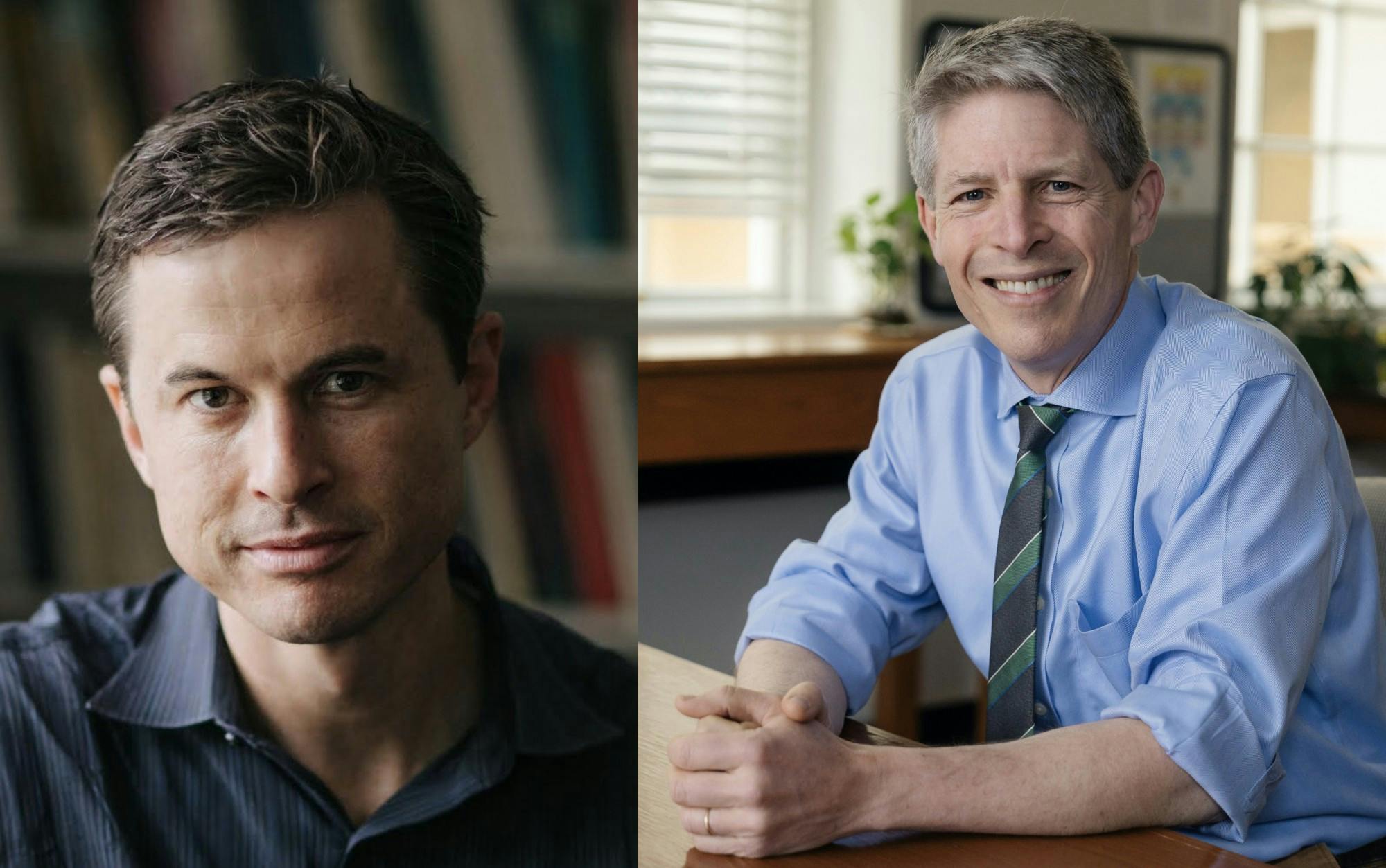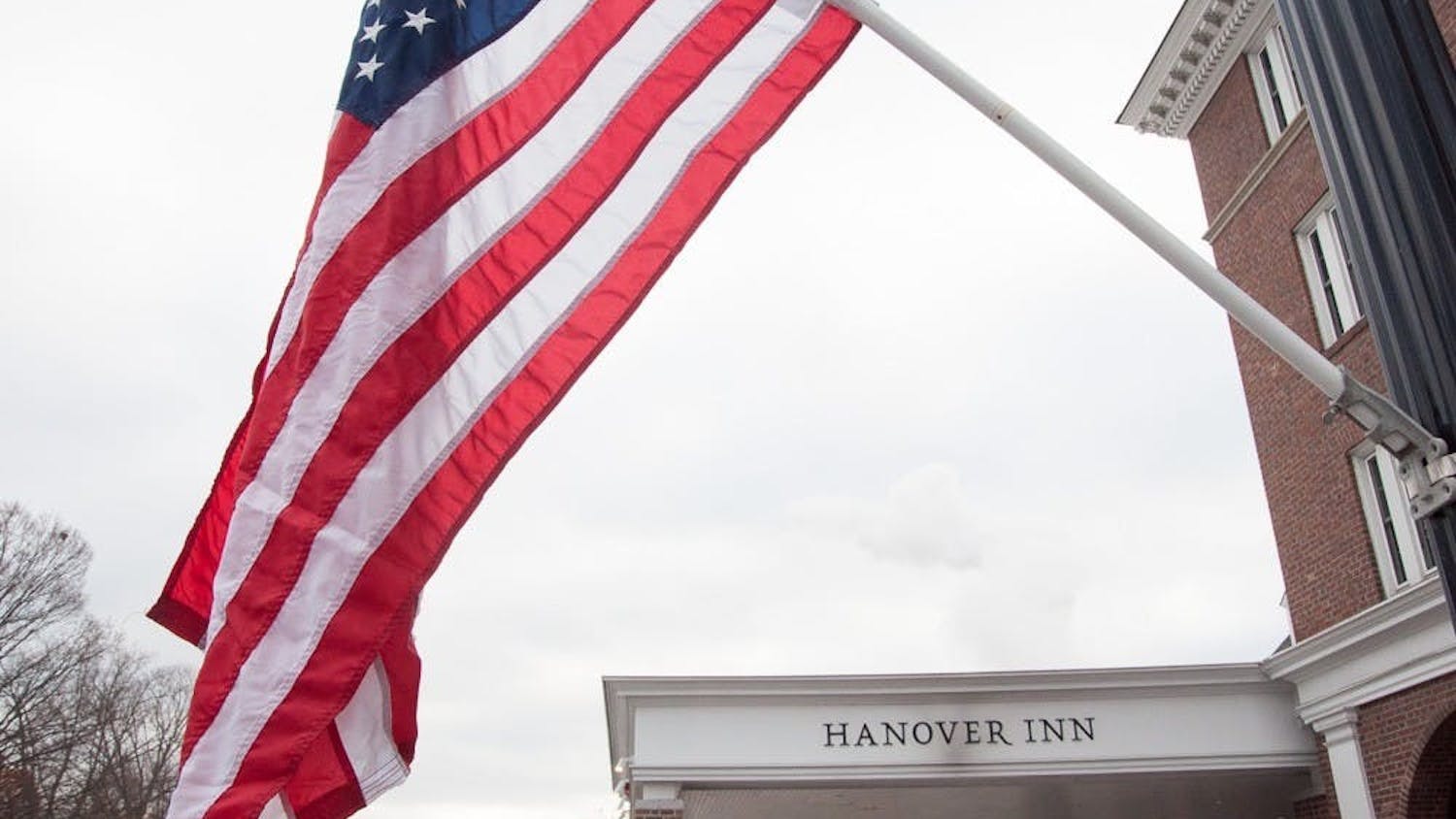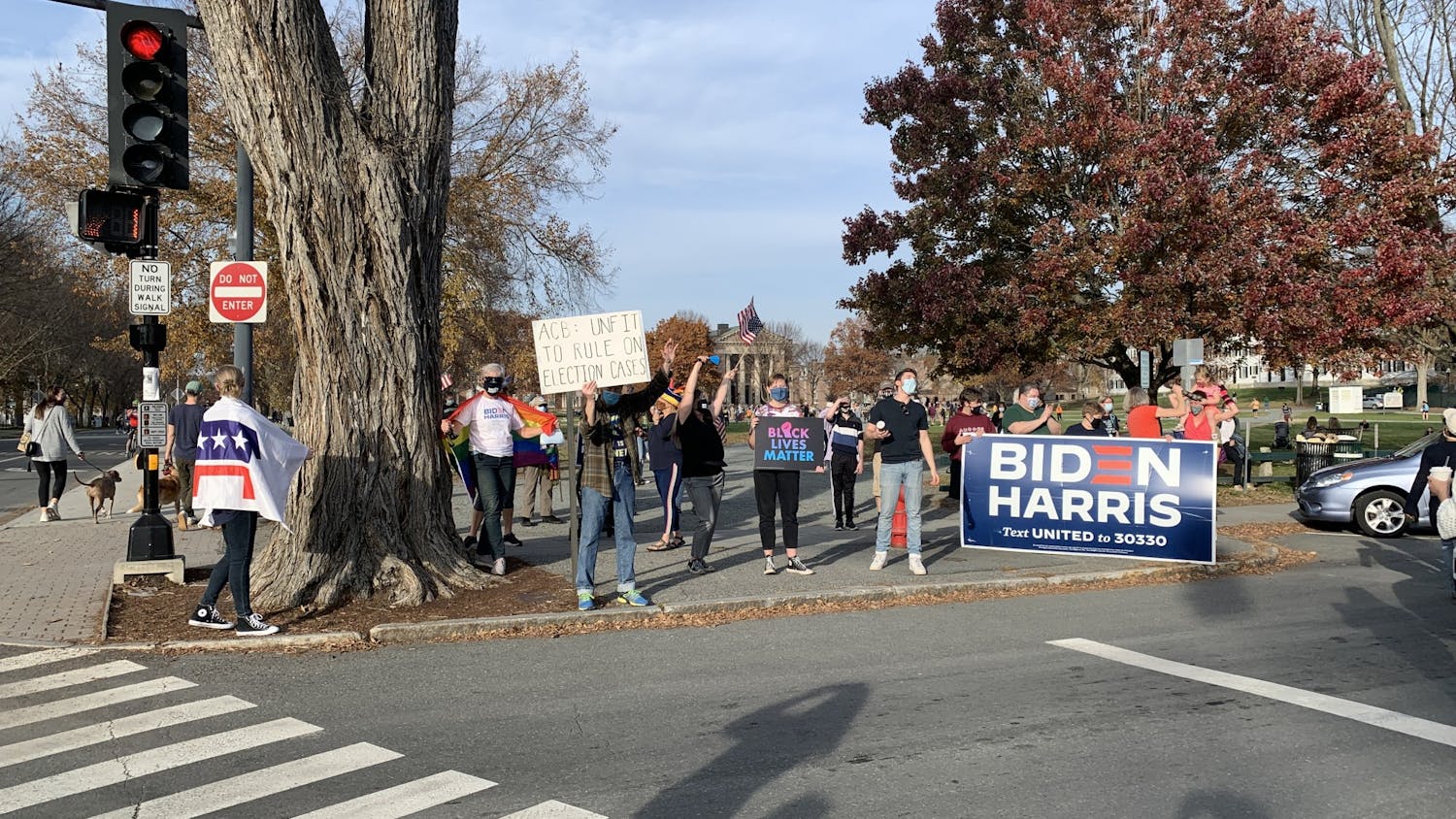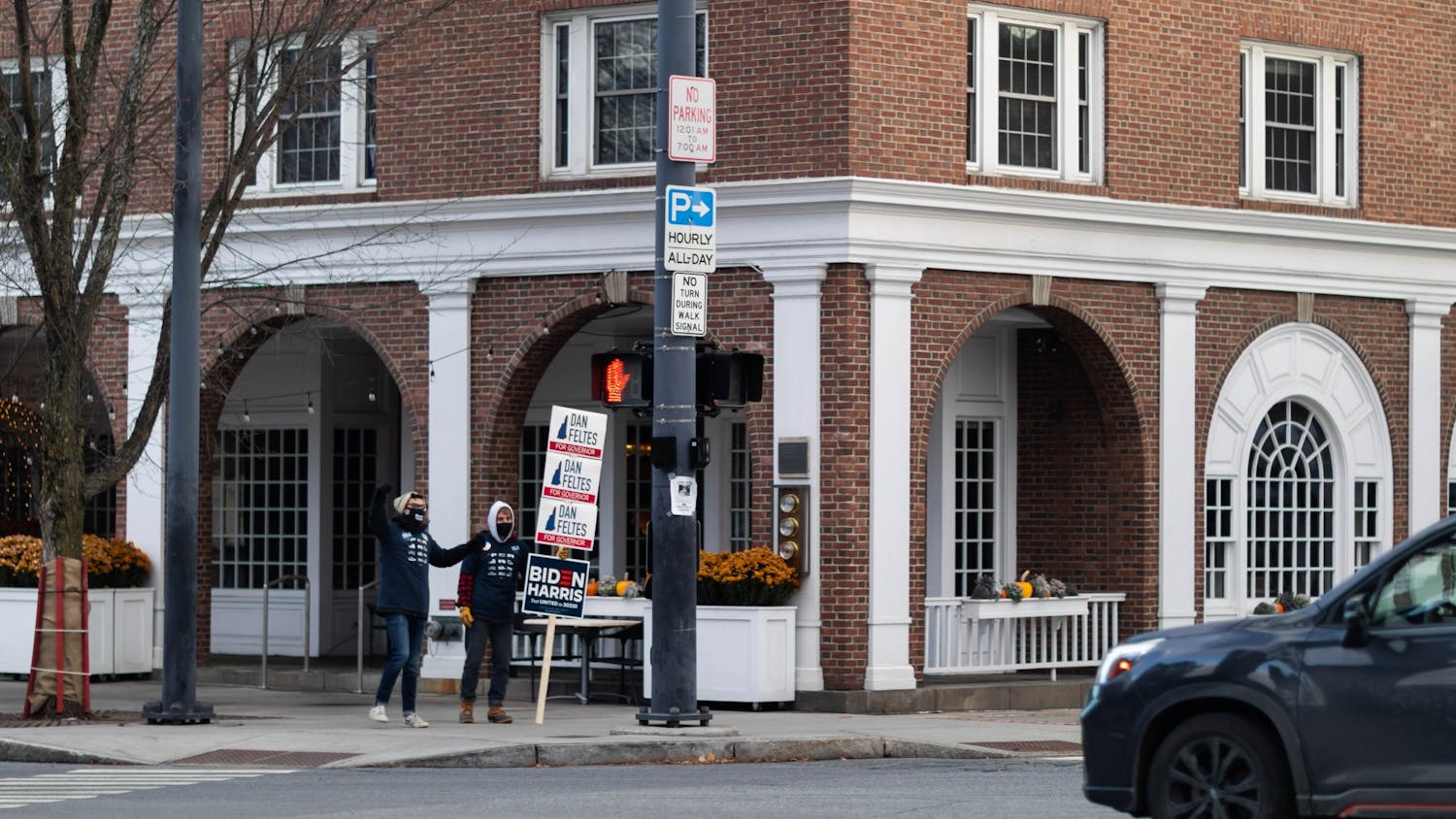In the wake of the 2020 presidential election, recent surveys conducted by Bright Line Watch, a group of political scientists co-founded by government professors John Carey and Brendan Nyhan, sought to gauge public and expert opinions on American democracy at the start of Joe Biden’s presidency.
Bright Line Watch has gained national attention for its monitoring of public and expert opinion since the first weeks of the Trump administration. The group’s most recent set of surveys, which were conducted between Jan. 28 and Feb. 8, assessed expert opinions on proposed democratic reforms like ending the filibuster and expanding voter participation, as well as public views on democracy, the legitimacy of the 2020 election results, Trump’s impeachment and support for secession from the U.S.
Both Nyhan and Carey, who authored the surveys alongside research associate Annie Chen, noted the stark polarization found in these survey results but said they are curious to conduct more surveys now that former President Donald Trump is out of office.
According to the findings, Democrats consistently trust election results, while Republicans largely distrust them.
Carey said that the surveys’ results underscore the need to restore mutual confidence in American elections.
“I’ll be curious to see if, as passions cool — if Republicans and Trump supporters’ adamance that the election was not trustworthy fades,” Carey said. “If we don’t see movement on that, then I am really concerned about the long-term viability of our democracy.”
Members of the two parties in the public survey also reported markedly different views on whether or not Trump should have been barred from holding federal office. Virtually all Democrats think Trump should be disqualified and face criminal prosecution, while very few Republicans — 16% — agree.
The public survey also found that among Trump supporters, several “democratic principles” — ensuring elections are free from foreign influence, increased transparency of a political candidate’s agenda and judicial limitations on executive power — rose in importance between March 2019, when a previous survey was conducted, and this most recent survey. For those who disapprove of Trump, the only factor that grew in prominence during that time was greater support for high participation in elections.
The study’s authors note that this pattern may be due to the fact that views on democracy often reflect partisanship. Those who do not support Trump are more likely to support high voter participation after record turnout fueled Biden’s win.
Carey said “the battle lines are pretty consistent” across history, in that Democrats and Republicans tend to be split in their perceptions of democratic reforms.
Despite the split, the survey results reveal some common ground among political parties. Both Republicans and Democrats agree that the government should pass a COVID-19 relief package; parties also agree that democracy is the most favorable governing system.
Agreement among experts also exists, who resoundingly concurred on a set of proposed democratic reforms — expanding voting participation, campaign finance transparency, amending electoral districts, abolishing the Senate filibuster and imposing term limits on Supreme Court justices. Of the 16 proposed reforms, campaign finance transparency has the highest level of support among experts, with 98% “strongly supporting” such a measure.
Furthermore, about 75% of experts rated the storming of the Capitol as a “grave threat” to American democracy, and 93% agreed that some Republican lawmakers’ refusal to certify the election results was a “grave or serious threat” to American democracy.
Chen said the “overwhelming agreement” among experts on the threats to democracy and potential reforms gave her cause for optimism.
Despite some common ground, Carey said prior years’ results found that Republicans and Democrats alike favored many pro-democratic measures that punished anti-democratic actions, such as seeking compromise with adversaries. In the most recent surveys, however, there was little overlap in values.
“I didn’t expect to see consensus on impeachment, but I would have liked to have seen more consensus on the certification question,” Carey said. “It is really disturbing to me that people profess to not believe in the election.”
With regard to candidates themselves, Democrats in the public survey were four points more likely than Republicans to favor a Black candidate over a white candidate; Democrats also slightly favored female candidates, as determined in a candidate choice experiment that was part of the study.
When rating American democratic performance, experts’ confidence tended to increase between a previous October 2020 survey and this one. Ratings of American democracy among the members of the public who disapprove of Trump also rose. However, members of the public who approved of Trump tended to rate U.S. democracy lower in January 2021.
Nyhan added that he will be interested to see how public attitudes evolve without Trump in power.
“One might hope that those attacks [on election legitimacy] becoming less frequent would reduce public mistrust of the electoral system,” Nyhan said. He added that the combination of a public embrace of partisanship as a social identity, misinformation along partisan lines and elite competition along partisan lines concern him.
“The combination of all three of those factors is a profound challenge for our democratic system,” he said. “The question going forward is how to deal with those because partisanship isn’t going away.”





